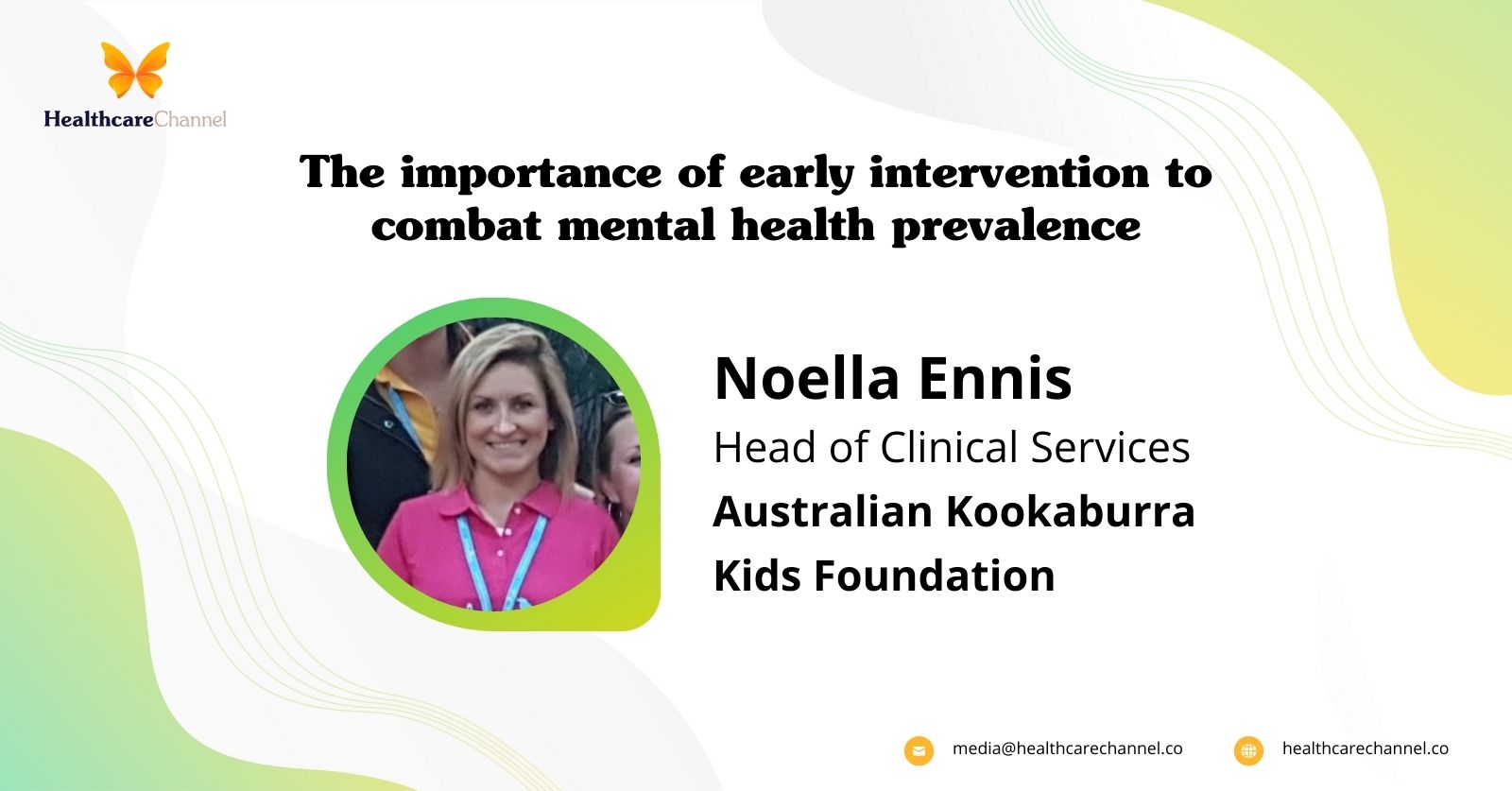Family interaction plays an important role in our seniors’ happiness. Whether your loved one is new to Canterbury, or has lived at the residence for years, it is very valuable for family members and friends to visit and strengthen relationships. That’s why we’re sharing tips to improve communication with seniors.
“One of the challenges with a relative in a community care environment is that sometimes we forget people with dementia lose the ability to get up and get going. If they are not creating a fuss, they risk being forgotten,” says Christene Gordon with the Alzheimer Society of Alberta & NWT. The good news is that there are lots of ways to connect with seniors in Canterbury, both traditional and innovative.
Firstly, Gordon suggests reflecting on your loved one and asking yourself, “What is their history, what are their interests? Where do they get their energy from – are they quiet and introspective or more outgoing and extroverted?” While each person is unique, here are some things to consider when creating a bond of communication with a senior in community care:
Tips to Improve Communication with Seniors
1. CHOOSE ACTIVITIES THAT ARE FAMILIAR
Try creating a family picture album to look at and share together. Canterbury social worker, Addie Kuyatah helped design mini-biographies for residents based on their past lives. “They’d see them and remember the little things, like what happened at their wedding or what it was like to grow up on their farm, and they would tell us all the tiny details. Interaction like this is really important.”
“It’s the process, not the product” adds Christene, whose own elderly mother was engaged in respite care. “Doing a crossword puzzle, you may want a person to perform in a way they used to, but they don’t have to finish. You can focus more on the process of just doing it together, and not having all the right words.” She suggests engaging in simple pleasures together too, like listening to favourite music, applying and massaging beautiful hand cream, or eating and savouring a piece of chocolate.
Christene adds, “I would take my mother out shopping for things recognised as a child – like British beans or British soup or Cracker Jack popcorn. That would illicit stories from the past relevant to what we were looking at.”
2. LISTEN WITH YOUR HEART
Reverend Joanne Webster leads the Anglican Chapel service each Wednesday, and regularly visits Canterbury residents. She listens carefully to their stories and provides spiritual and emotional support. The Canterbury Chaplain interacts with new residents and those who are struggling or lonely to let them know they are important, cared for and loved.
“I think just being a listening presence with somebody can really be strengthening and comforting for them,” says Reverend Webster.
She offers these tips for visiting and being an effective listener to a loved one in care:
- Sit closely with your family member, and bring your body to the same level so not speaking from above
- Leaning forward with open arms tells the other person you are receptive and listening
- Keep eye contact and actively listen by not interrupting, but nodding and giving brief feedback such as ‘yes’, ‘really’, ‘I know’, ‘absolutely’
- Ask questions that require more than a one-word answer – things like, “What has your day been like? What activities have you been to this week? Tell me about that time when… “
- For those residents who are known to have faith in God; great comfort comes from offering to pray with them. Read words together of scripture for comfort, strength, healing and remind them of God’s love for them always.
- Even when a person is living with dementia they can recall things about their early life – leave time for pauses in the conversation while the other person may be thinking and processing
- Sometimes we may listen to the same stories and recollections every time we visit – and that’s OK!
“Depression and despondency are not infrequent experiences of seniors,” adds Rev. Webster. “I’ve seen family members hesitant to visit for fear of having to listen repeatedly to all the woes and worries. But very often once we’ve listened for a while, our loved-ones are easily redirected by the questions we ask. This might also be the time to tell them about something positive we have been up to. Humour is also a great way of lifting the mood!”
3. ENCOURAGE ACTIVE PARTICIPATION
“For seniors, transition can be very difficult and stressful,” explains Addie the social worker, “when a resident moves here it feels like they’ve left everything they’ve worked for their entire life, so we give them emotional support and we make them feel welcome.”
Social activities are key to connecting. Addie suggests joining the Friendship Circle that meets every Wednesday at the Chapel to meet neighbours, and keeping an eye on the sign board at the front reception that lists daily activities. Residents can join in on singing groups, movies, art class, dancing, gardening, visit the hair salon, or even use the BikeAroundTM, just to name a few. Family members can read up on planned activities, talk about them and join in to experience it together.
Long-time resident Agnes Robertson,likes to take walks up and down along the Canterbury Lane hallway and her son Grant joins her every day. “It gets her moving, and helps her muscles,” he explains, “and I can keep an eye on how she’s doing over time.” Agnes is 98-years-old, has always been very socially active, played bridge and drove her car up until a few years ago. She’s transitioned from Canterbury Manor, to the Court and now is in memory care.
Grant has adjusted his activities with her as she’s grown older. He reads the newspaper with her, as she used to enjoy politics, and instead of bridge they play simple games sorting cards or playing which card is the highest. Grant’s daily routine of walking and talking ends with taking her to dinner before he leaves. “I happen to live close by, so I’ve worked it into my schedule and I come each day around 4 pm. I keep my visits shorter but frequent, and I sense by doing that I stay in her memory more.”
4. EVERY MOMENT COUNTS – Tips to Improve Communication with Seniors
“Visits don’t have to be long,” echoes Christene. Even twenty minutes helps to make a senior feel loved and appreciated. And if your relative has dementia – you can become their memory – and share meaningful family stories with them, that they can enjoy right now in the moment today.
If it feels like they don’t know you are there – you do make a difference. “Knowing someone in your heart and knowing them in your head are two different things,” says Christene. “Your mom or dad, grandma or grandpa or relative might not know your name; but in the end they know you are important to them and you’re in their hearts forever.”





















